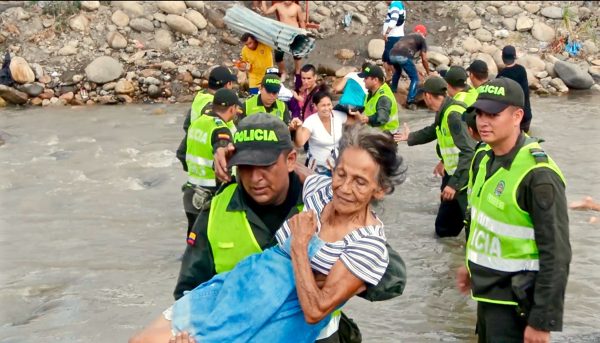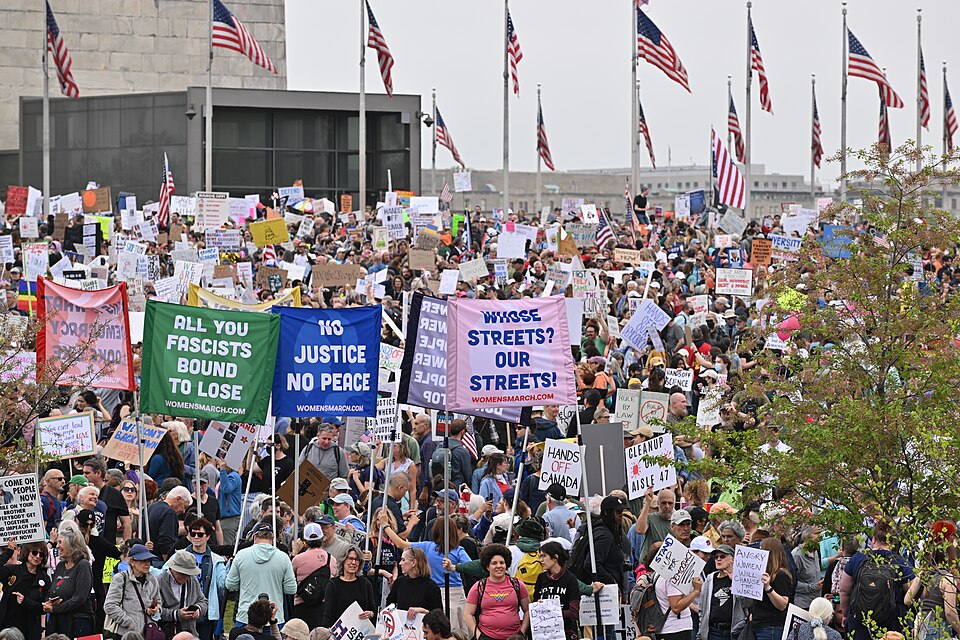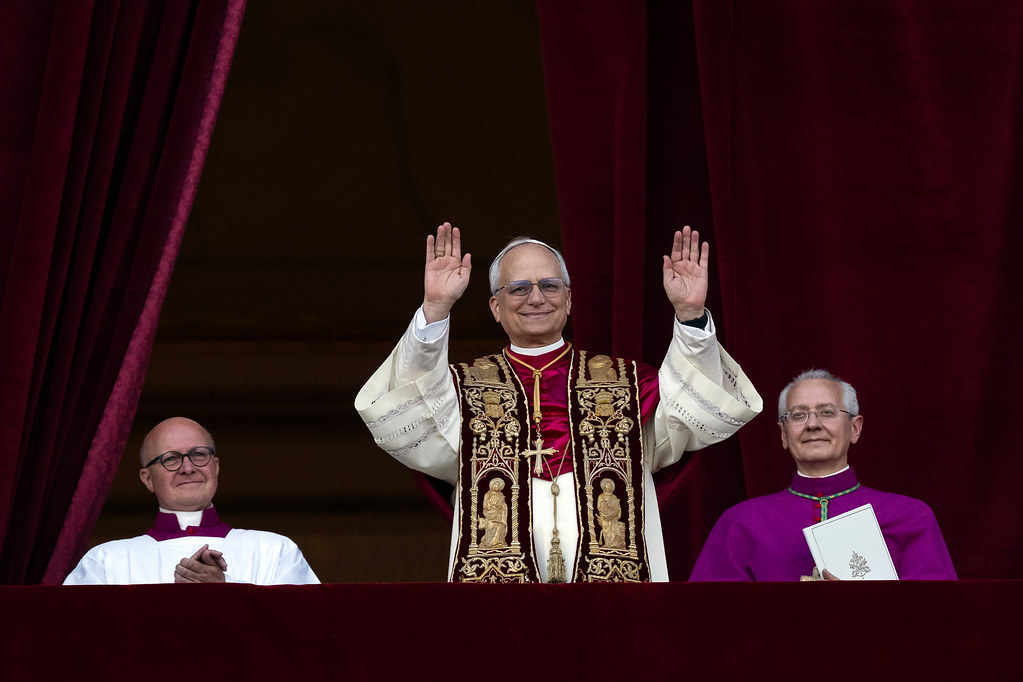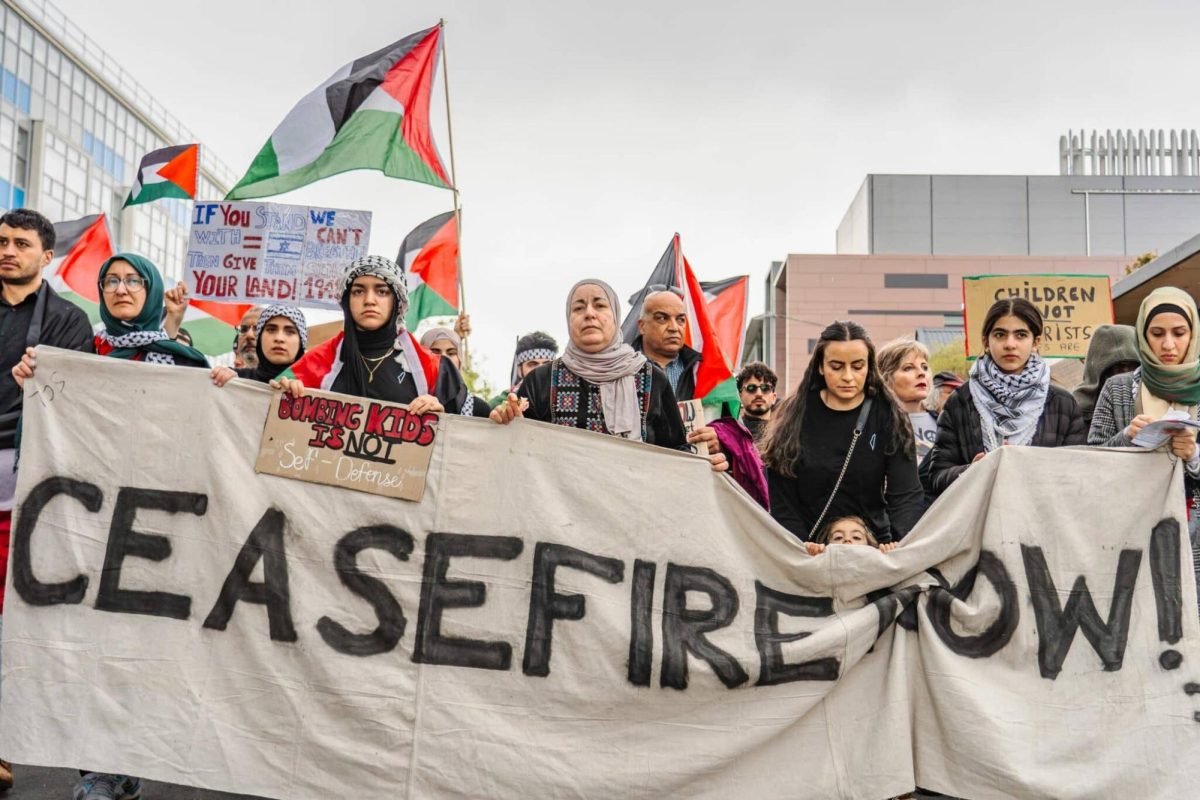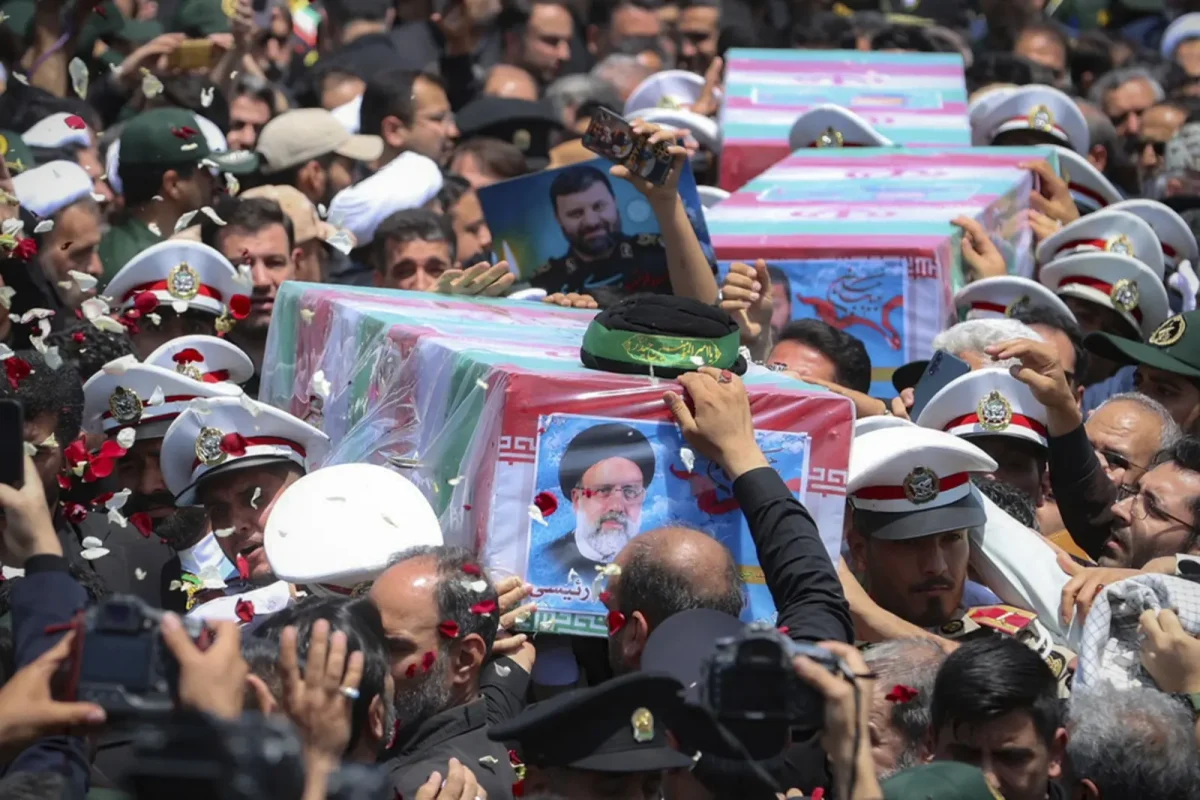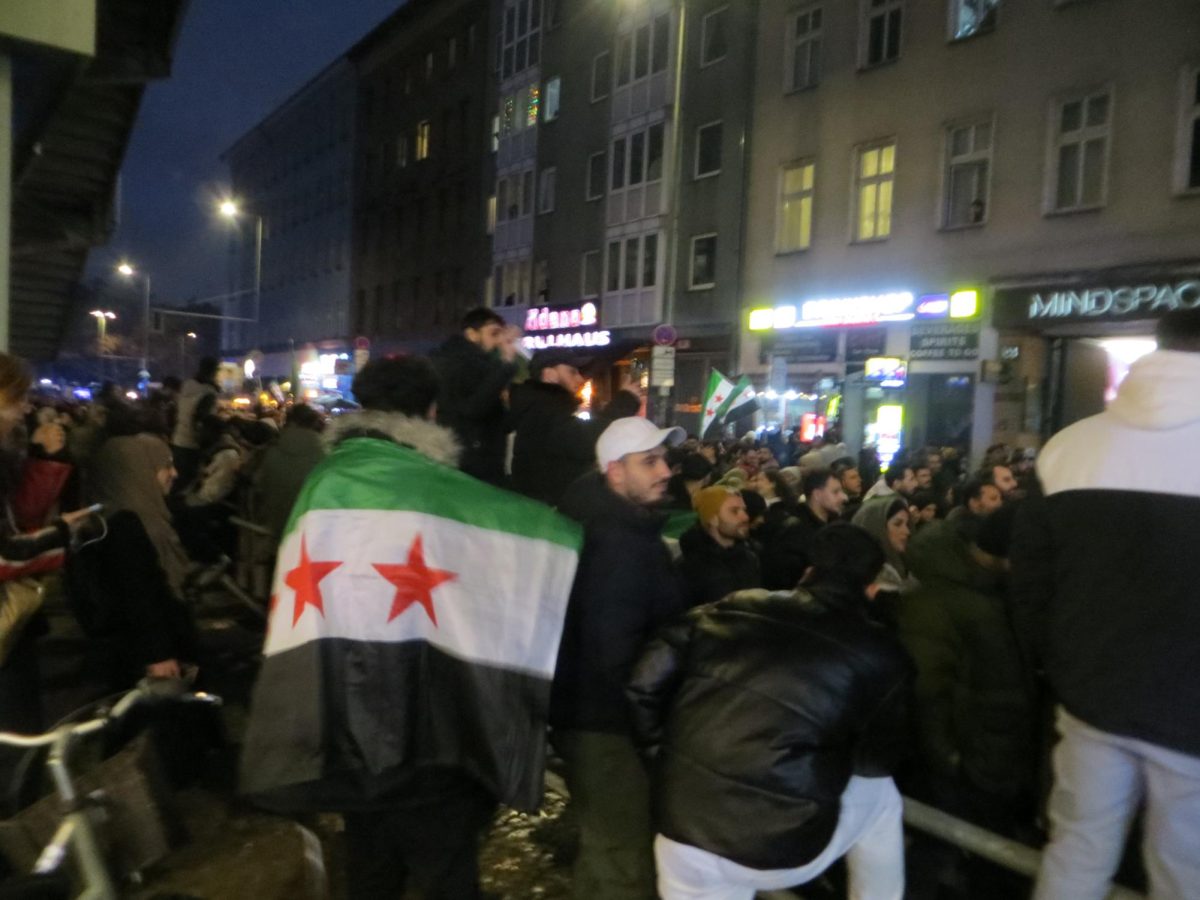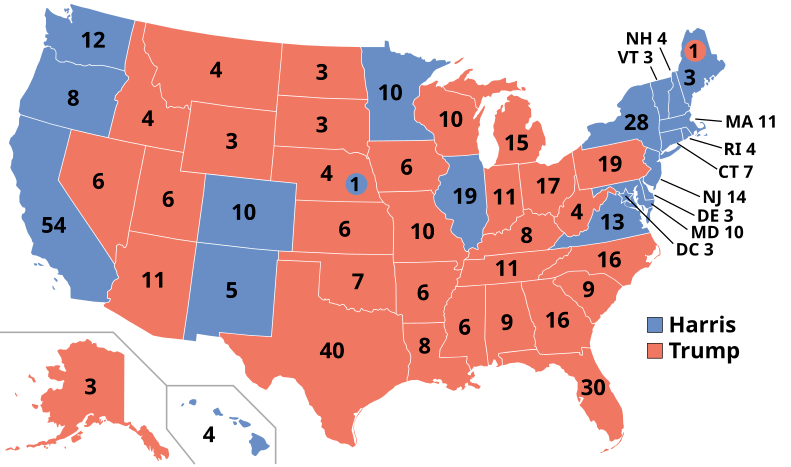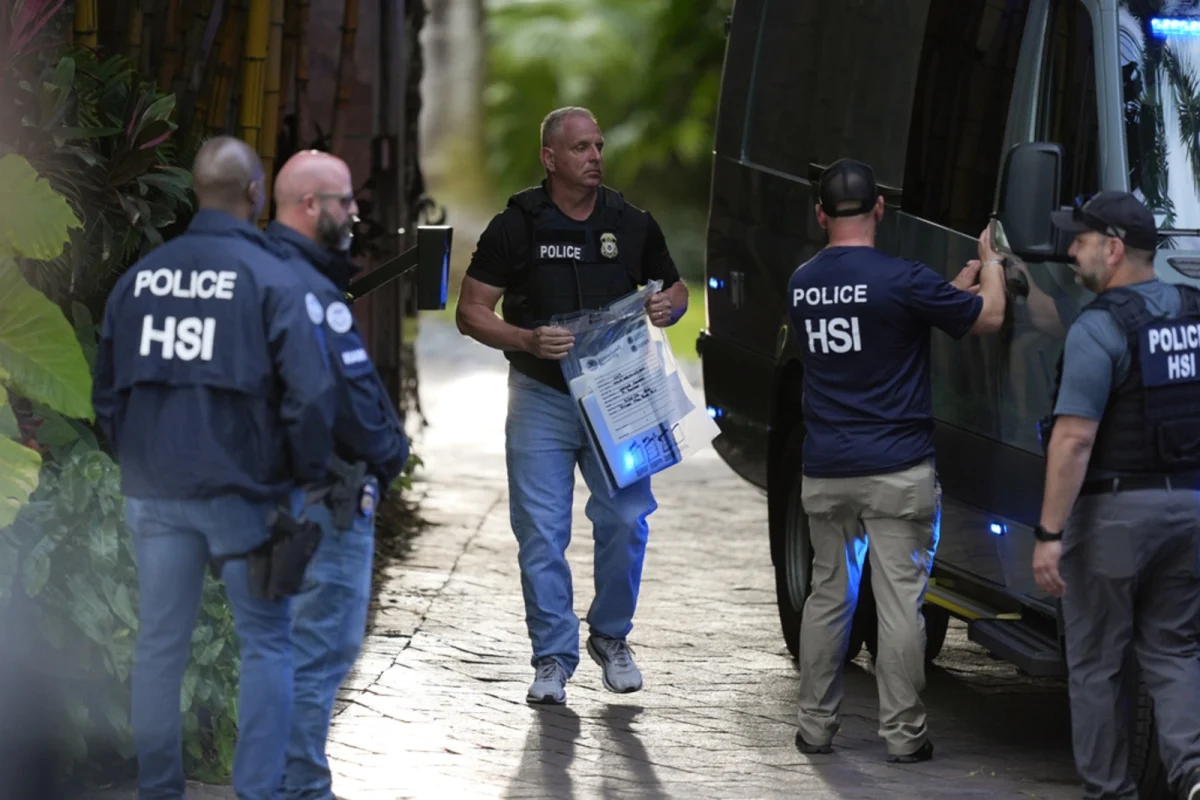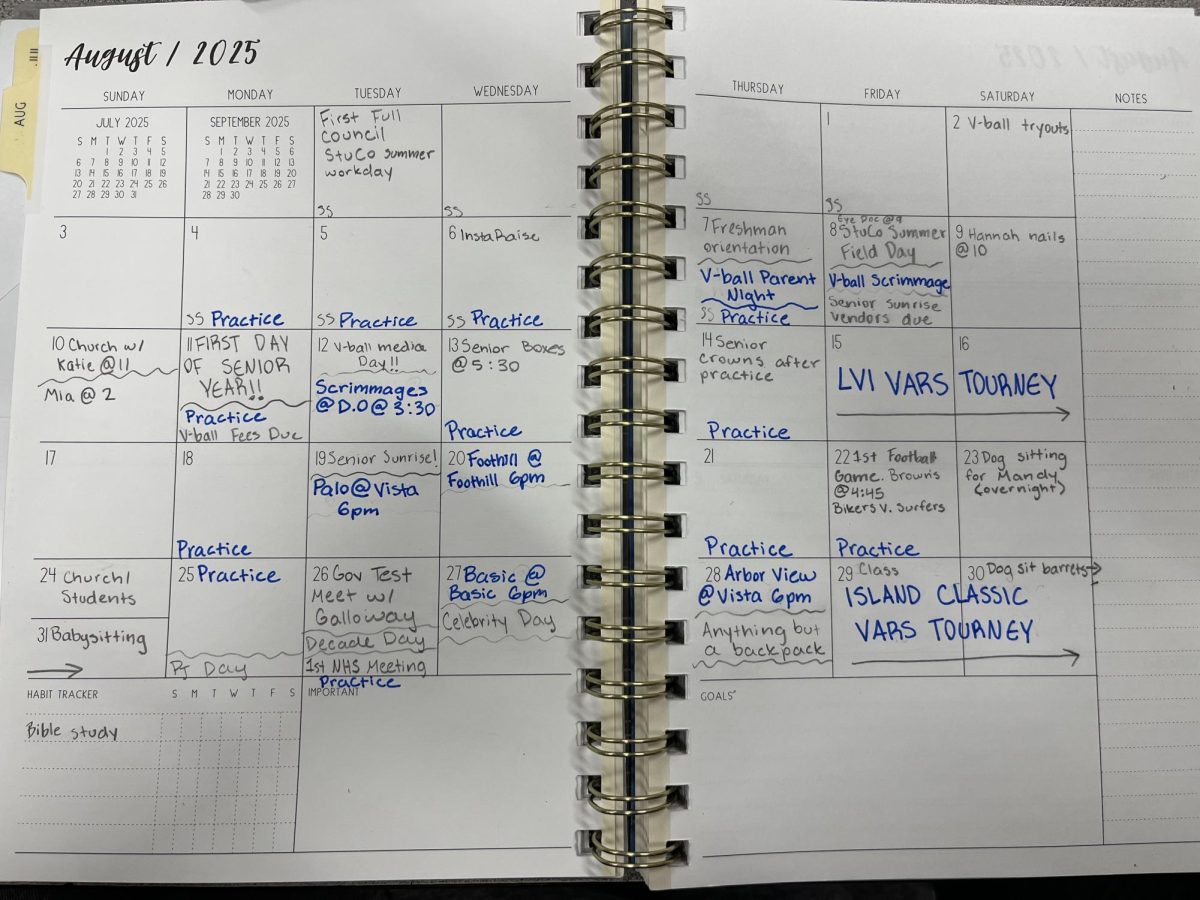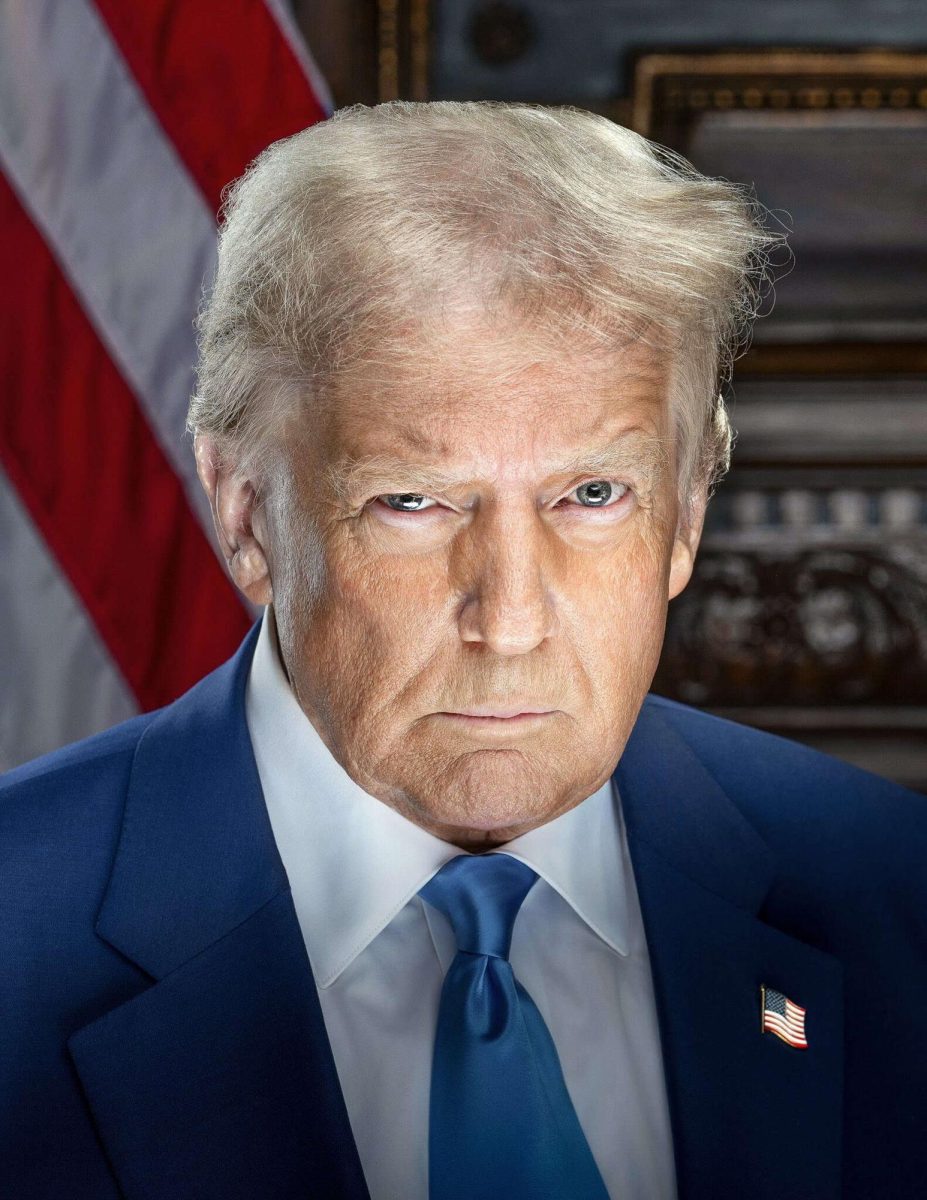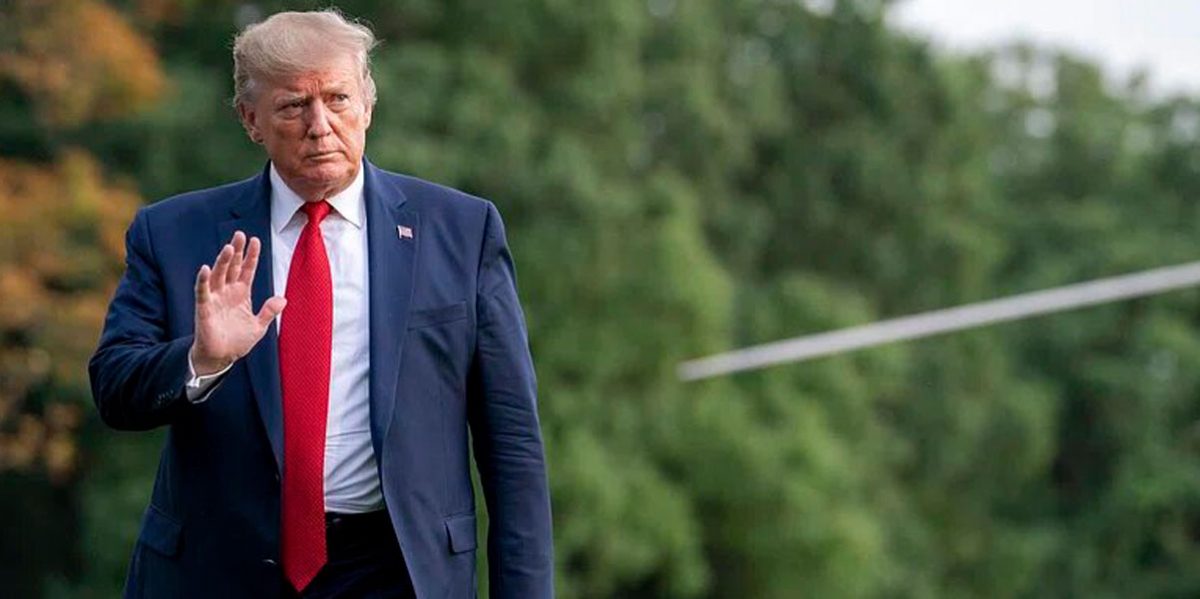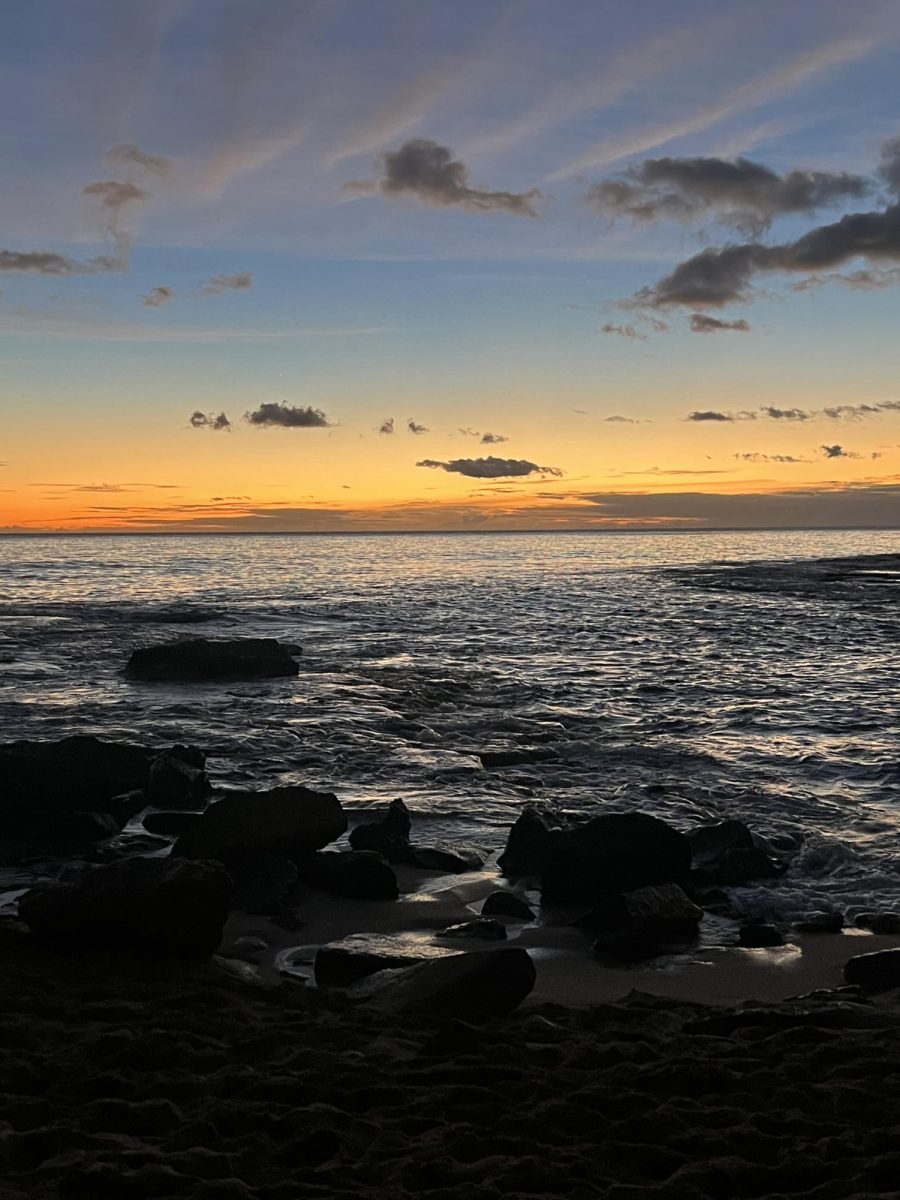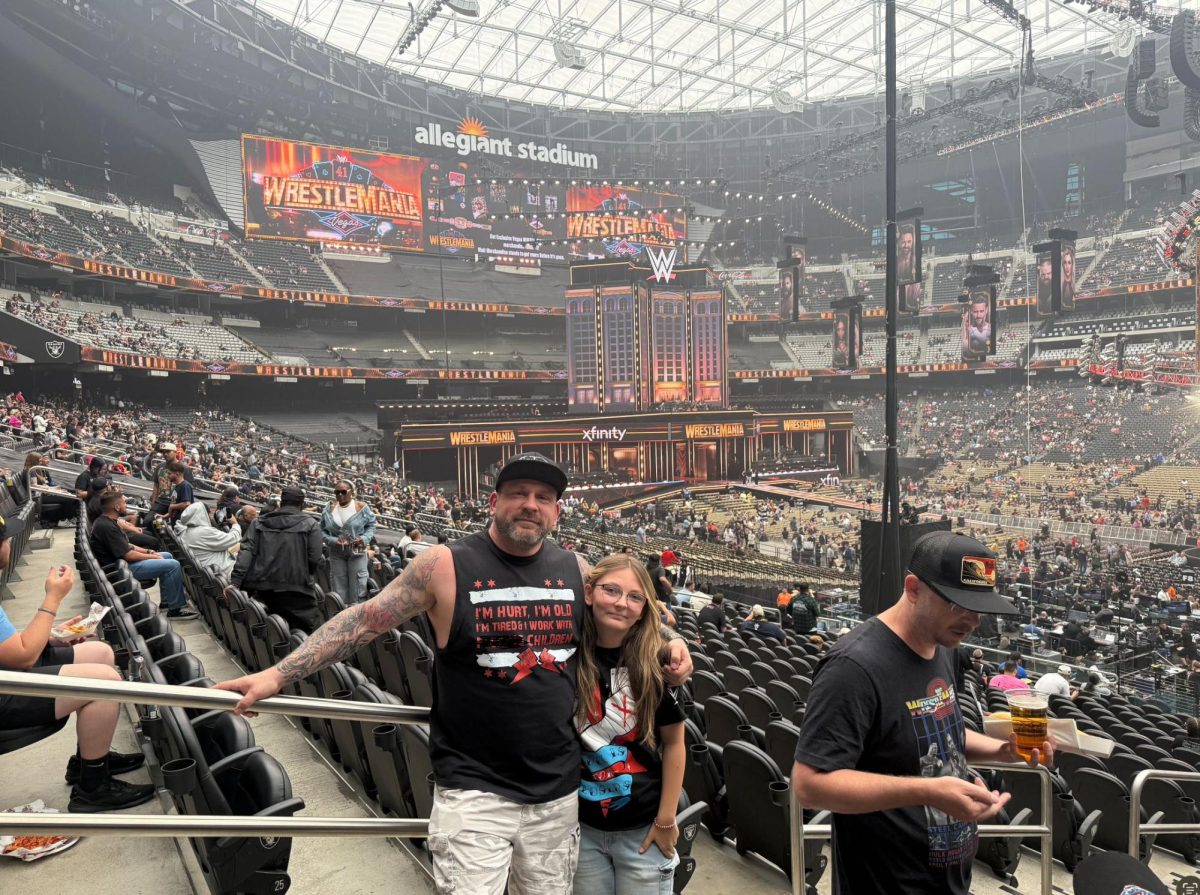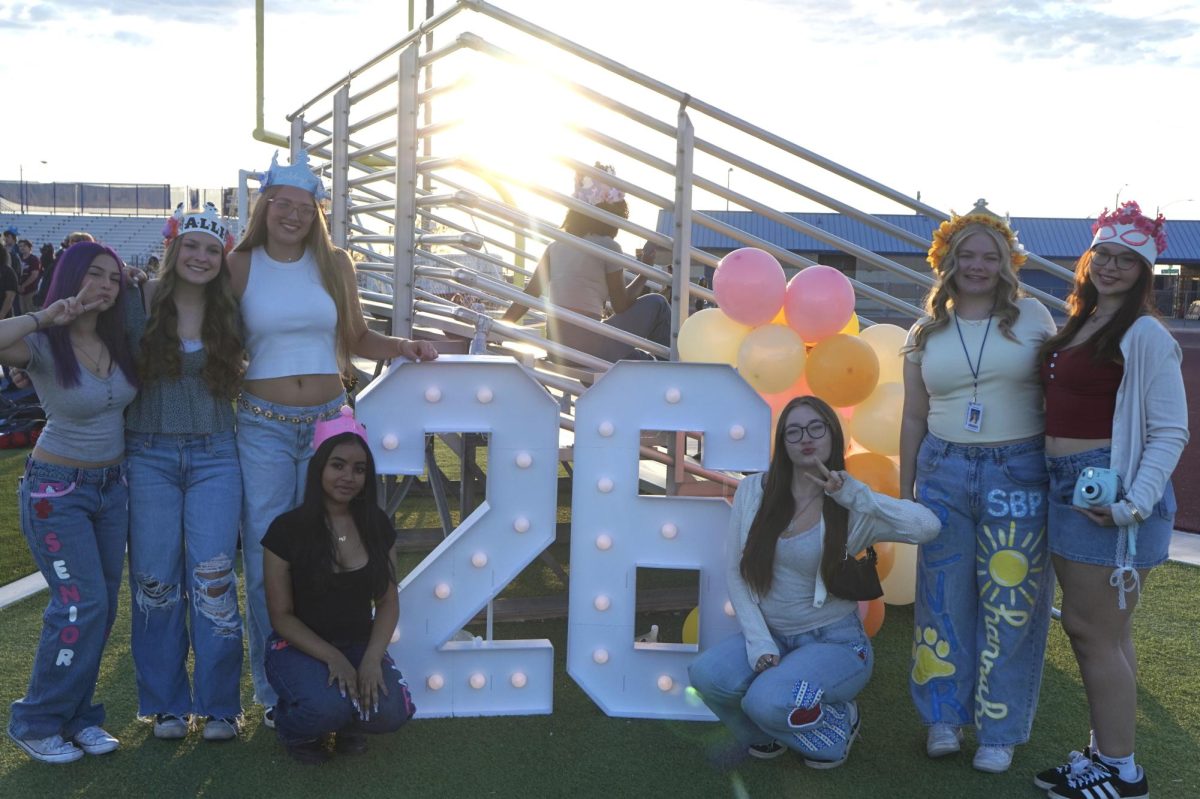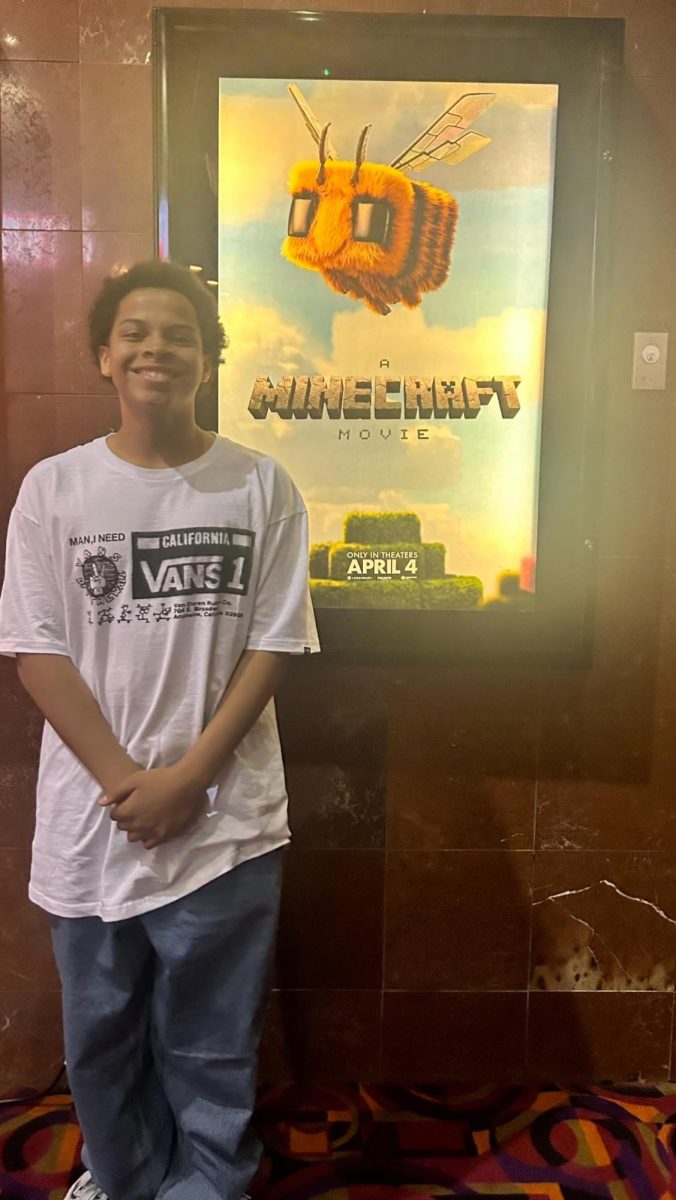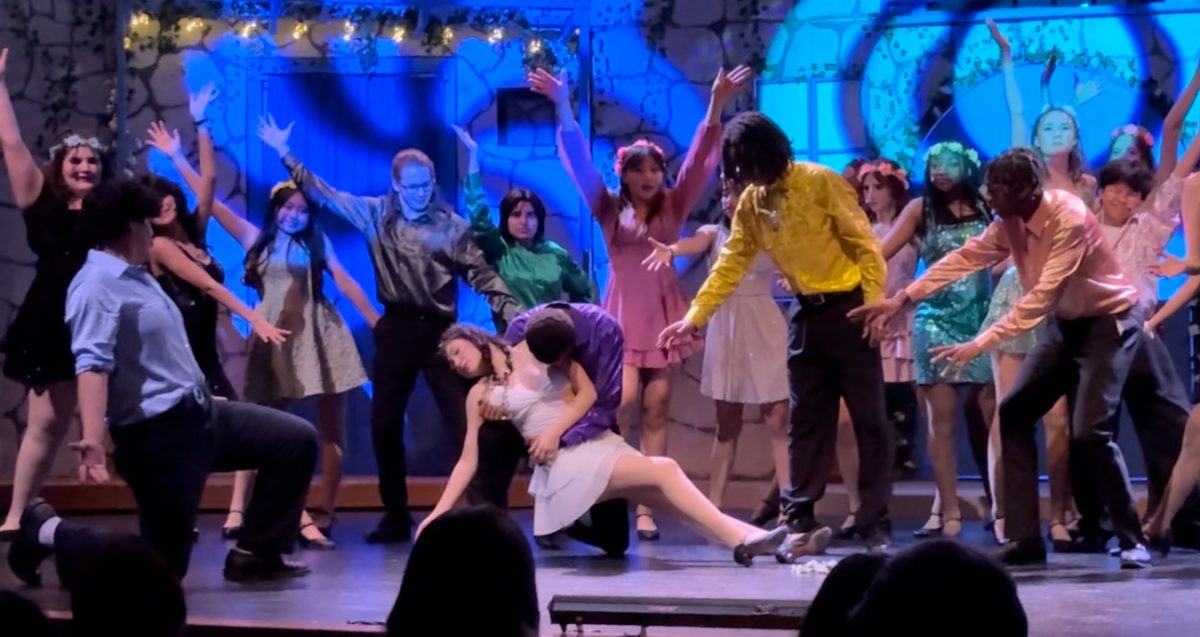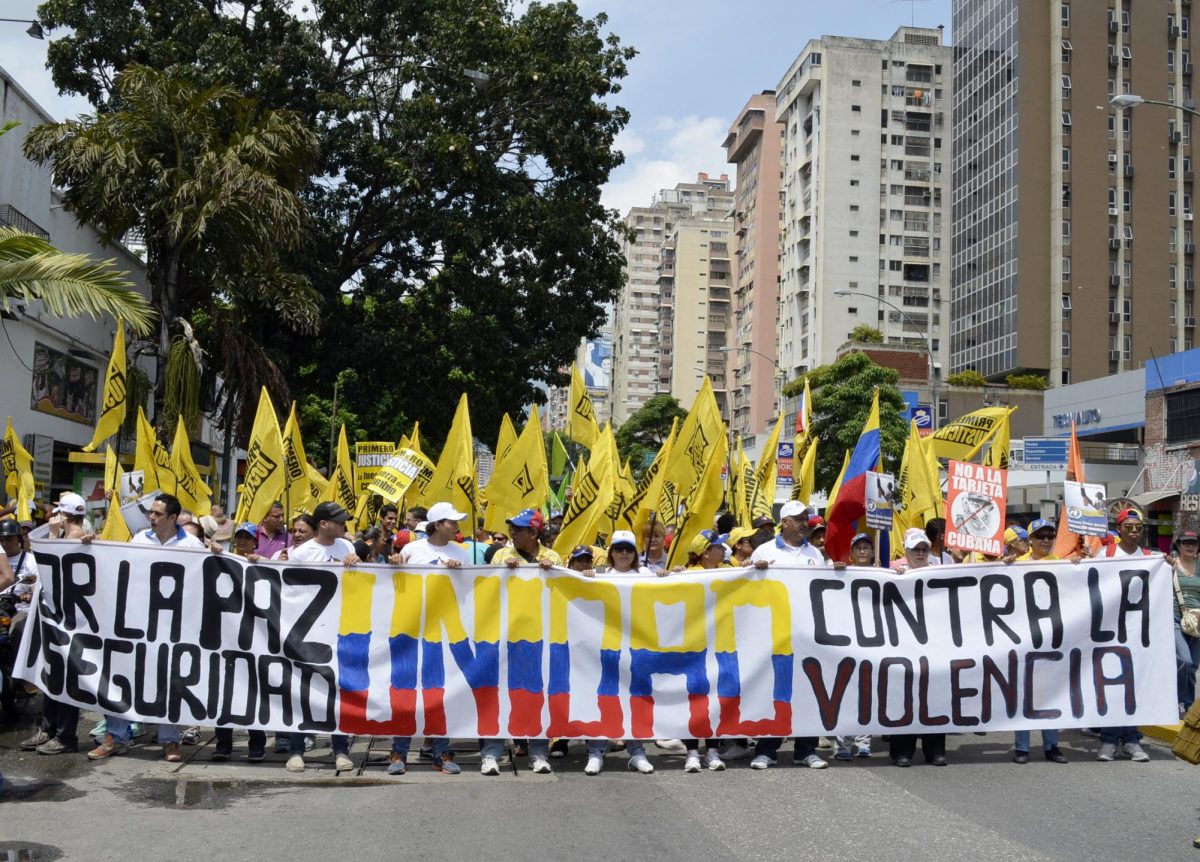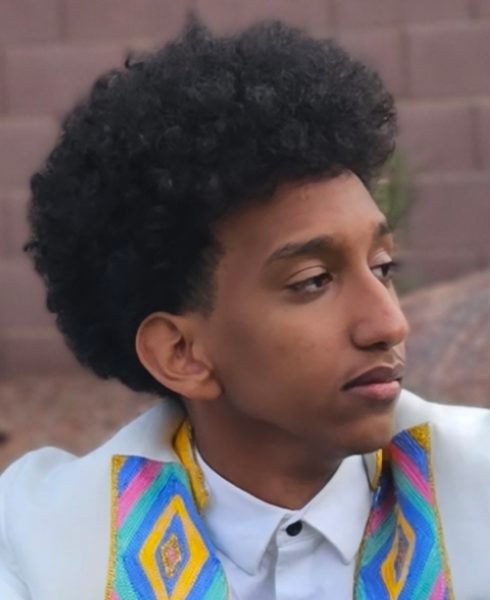On July 28, 2024, Venezuela held elections to determine its next president. Incumbent Nicolas Maduro, who held the presidential position for the last 12 years ran against Edmundo Gonzalez. Although the corrupt and dictatorial Maduro claimed victory for the six-year term, civil unrest ensued from oppositionists who deemed Maduro’s re-election as fraudulent further destabilizing the already unstable nation.
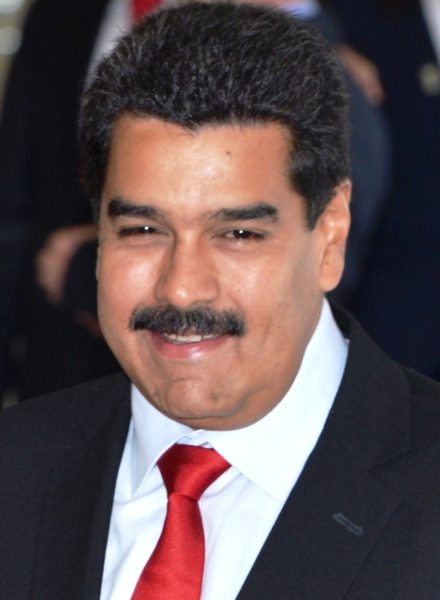
During the 1970s Energy Crisis, pro-Palestinian nations such as Iran and Saudi Arabia boycotted selling oil to the West. This led to a spike in oil prices worldwide allowing Venezuela to profit immensely from an oil-centered economy. In 1979, when oil prices peaked, Venezuela’s export of oil made up roughly 60% of its economy. The surplus in GDP growth from exponentially increasing oil profits prompted Venezuela’s government to continue focusing on government programs such as healthcare and education rather than building upon infrastructure and other market sectors. Moreover, corrupt political elites received payouts from the treasury which drained a potential sovereign wealth fund, essentially constructing an unspoken social contract between Venezuelan citizens and their government – tolerating corruption in return for benefits and programs. Consequently, Venezuela’s economy became overly reliant on the consistent demand for oil, meaning that when oil prices were high, Venezuela’s economy boomed. Conversely, when oil prices were low, Venezuela’s economy crashed. This crash occurred in the 1980s after global oil prices began to drop. Following the crash, GPD growth declined, government programs dwindled, and inflation spiraled out of control. In 1989, a wave of protests, riots, and even coups known as the Caracazo erupted in the streets of Venezuela due to the government’s dissonance. Among the Caracazo was Maduro’s predecessor, the charismatic Hugo Chavez, who pushed for the Bolivarian Revolution, a movement against the former corrupt elites that ruined the Venezuelan economy. Ironically, Chavez became the corrupt elite he initially worked hard to eradicate after being elected as president in 1998. Chavez maintained the former oil-reliant economy which previously plundered Venezuela’s economy. Furthermore, Chavez ended term limits, cementing his power until he died in 2013, and paving the way for his successor’s despotism.
Chavez’s handpicked successor, Maduro upheld the status quo of corruption. Additionally, Maduro tried to compensate for oil prices plummeting worldwide in 2014 by printing more money, which hyperinflated Venezuela’s already inflated currency. By 2018, the inflation rate reached upwards of 1,700,000% and rests at about 160% today. (For reference, inflation becomes hyperinflation when reaching a rate of 50%.) Although Venezuela’s inflation is diffusing, NBC News asserts, “Voters say they still can’t make ends meet.” Black markets and hoarding are commonplace due to food insecurity and the idea that a bill received one day will become valueless on another day. NBC News further reports Carmen Morales who attested, “A few months ago I was spending $75 a week on average on food, now it’s double.” The economic turmoil in Venezuela pushes many Venezuelans to forge a life outside the nation as it retains the 4th highest rate of migration with about 20% of all Venezuelans living abroad.
Maduro’s incompetence compounded with his unpopularity among Venezuelans led many to question the integrity of his most recent campaign and supposed victory. The electoral authority also known as the CNE claimed that Maduro won with 56% of the vote and that Edmundo only garnered 44%. However, opposition leader Marina Corina Machado claims that Gonzalez won the election by a 2:1 margin and she provided proof from over 80% of the voting machines used in the election. Despite Machado testifying, the pro-Maduro political institutions such as the Venezuelan Supreme Court not only ignored but supported his deceptive polls – but there is hope. Machado affirms that opposition to Machado’s tyranny is, “Stronger than ever.” Machado and Edmundo’s persistent defiance against Maduro continues to drive everyday citizens to band together to incite change as oppositionists grow in number.
South American nations as well as the international community go on to scrutinize Maduro’s regime’s deceitful election. Argentine president Javier Milei claimed the election was a fraud while countries such as Costa Rica and Peru outright rejected the results. In addition, on September 2, 2024, the US seized Maduro’s $13 million jet in the Dominican Republic, partially because the jet’s acquisition violated US sanctions but also because of other illegal activities, namely Maduro’s unjust re-election and grip on Venezuela’s resources.
